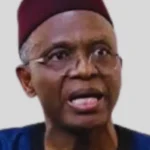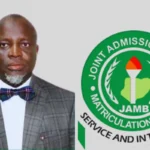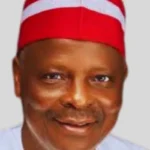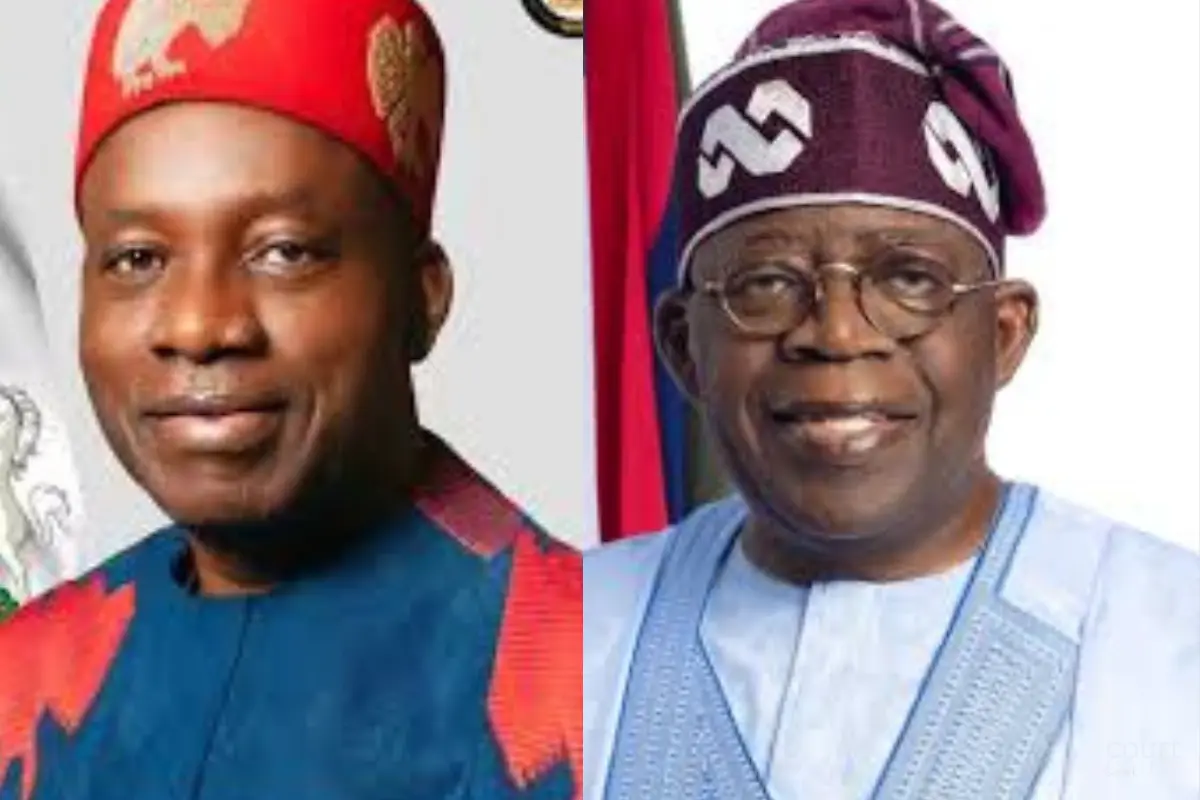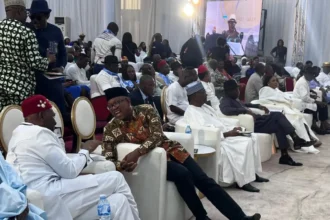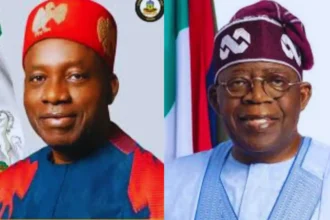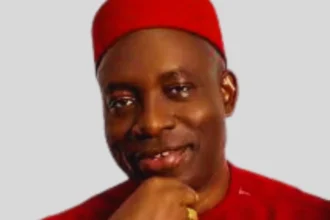Nigeria’s democratic integrity has come under scrutiny following the dramatic political maneuvering in the Lagos State House of Assembly, where Speaker Mudashiru Obasa was impeached, replaced, and later reinstated under directives allegedly issued by President Bola Tinubu. The unfolding events have raised serious concerns about the independence of state institutions and the growing concentration of political power in the hands of a single individual.
The crisis began with the impeachment of Obasa over allegations of financial mismanagement, including the withdrawal of N43.5 billion for procurement of vehicles and other expenditures. Lawmakers who orchestrated his removal circulated internal expenditure documents, reinforcing claims of corruption that had trailed Obasa’s tenure since 2015. His removal was seen as a significant step towards accountability, given past investigations exposing his diversion of state funds into private accounts and firms.
However, in a surprising turn of events, Mojisola Meranda, who had replaced Obasa as Speaker, was forced to resign just weeks after assuming office. This resignation, reportedly ordered by President Tinubu, paved the way for Obasa’s reinstallation. Despite legal challenges and resistance from some political figures, Tinubu’s influence ultimately prevailed, forcing the lawmakers to reverse their decision and reinstate Obasa.
Meranda, after stepping down, was immediately re-elected as Deputy Speaker, along with other lawmakers who had resigned and been reassigned to key positions within the Assembly. Critics argue that the move was a blatant display of political control, orchestrated to maintain loyalty to the ruling All Progressives Congress (APC) and Tinubu’s political dominance in Lagos.
The controversy did not end there. Obasa forcefully reclaimed his position, arriving at the parliament with security forces to assert his authority. His return, facilitated by presidential intervention, has been widely condemned as a direct attack on democratic principles. Political analysts and social media commentators have decried the development, describing it as a clear indication that democratic processes in Nigeria are being eroded in favor of a single individual’s political will.
Many Nigerians took to social media to express their frustration, calling out Tinubu’s influence in determining key political appointments in Lagos. Critics lamented that democracy in Nigeria has become a mere facade, where elections and legislative processes are overshadowed by the dictates of one powerful figure. The situation has been likened to an autocracy, where political loyalty is prioritized over institutional independence and governance.
The events surrounding Obasa’s impeachment and reinstatement highlight a disturbing trend where democratic institutions are subverted for personal and political interests. The interference in legislative affairs raises questions about the future of democracy in Nigeria, as governance appears increasingly dictated by the whims of a select few rather than the will of the people.
As Nigeria continues to grapple with economic and security challenges, the state of its democracy remains in question. The Lagos Assembly saga serves as a stark reminder that until democratic institutions are truly independent, the country will continue to struggle with governance dictated by political godfathers rather than the electorate.





